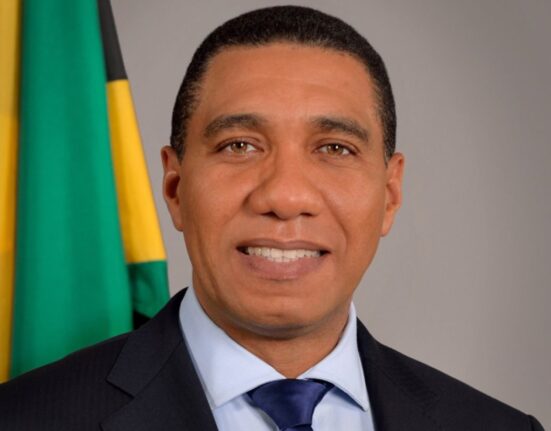
Attorney Bert Samuels is expected to file a lawsuit against the Jamaica Constabulary Force (JCF) after they published that a green notice was generated by Interpol for dancehall entertainer, Popcaan, stemming from his alleged arrest for cocaine possession in Barbados.
The Interpol notice also was generated for a 2009 marijuana conviction, the JCF said.
But Popcaan’s attorney, Bert Samuels, on Nationwide radio on Wednesday night, said the marijuana conviction was expunged by Bajan authorities.
The attorney said that he knows nothing about a cocaine arrest for Popcaan and will be filing a lawsuit by Thursday in the Supreme Court.
Samuels says the reputation of his client has been significantly damaged, due to the information published by the JCF. He said Popcaan has been repeatedly detained by UK immigration and has not been give a valued reason for his detention until now.
The JCF, in its statement, denied that it or the government issued the stop order for Popcaan.
Instead, the global policing body issued the notice against the deejay following separate marijuana and cocaine charges out of Barbados.
In a statement this afternoon, the JCF says Popcaan – who’s given name is Andre Sutherland – was “convicted in 2009 in Barbados for possession of marijuana and subsequently deported to Jamaica.”
The police say Popcaan was “again arrested in Barbados in 2011 for possession of cocaine.”
Popcaan’s status came to the attention of the public on Tuesday after he took to social media to claim he was detained by British immigration officials.
Popcaan claimed the detention was ordered by the Government of Jamaica.
Foreign affairs minister, Kamina Johnson Smith, in a tweet, denied the detention was ordered by the Government of Jamaica. She added that the entertainer was released.
The JCF says in addition to other intelligence, Interpol issued their green notice in 2015 and reconfirmed the notice in 2018.
“A Green Notice provides Interpol members with a warning about a traveler’s potential criminal activities, where the person may be considered a threat to public safety,” the JCF stated.
“Such a notice does not request any specific law enforcement action be taken against the subject. It merely acts as an advisory to local law enforcement that the subject of the notice has been in contact with law elsewhere,” the statement added.





